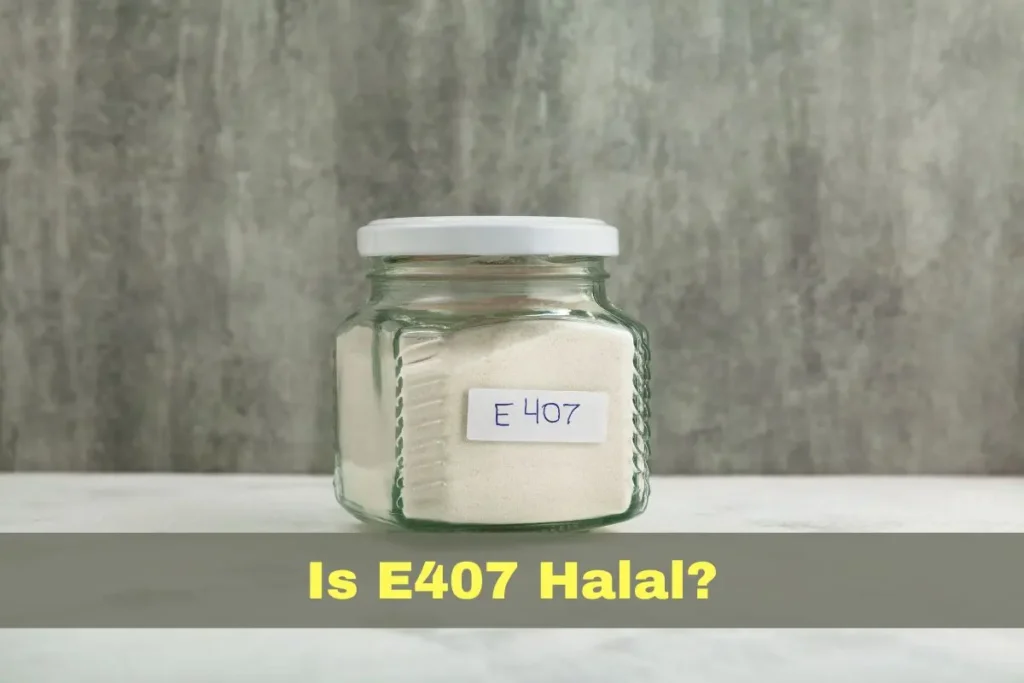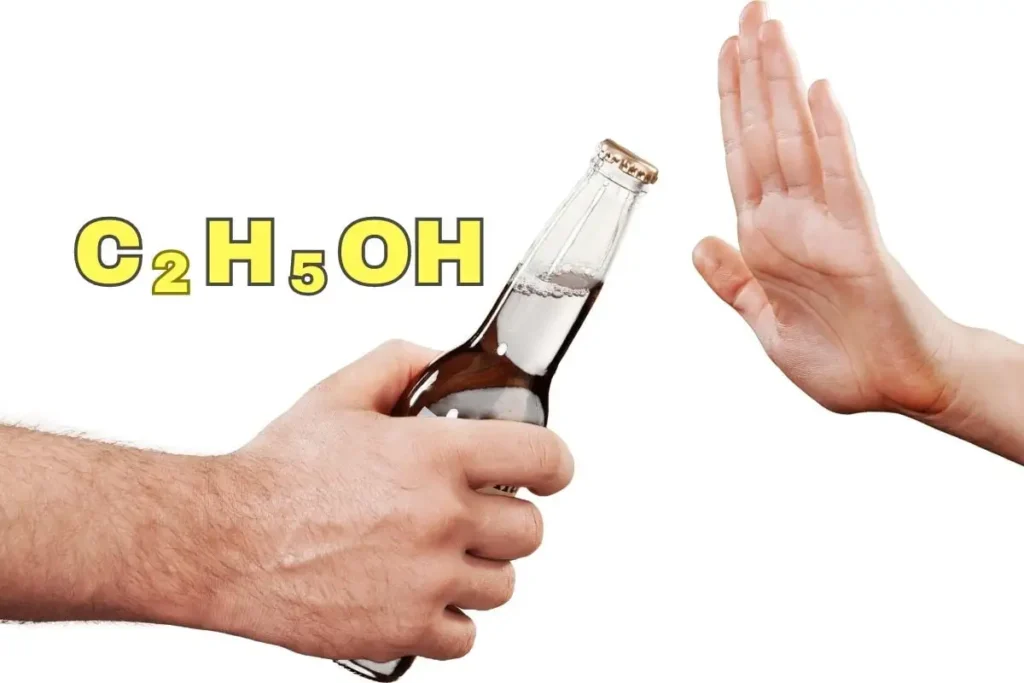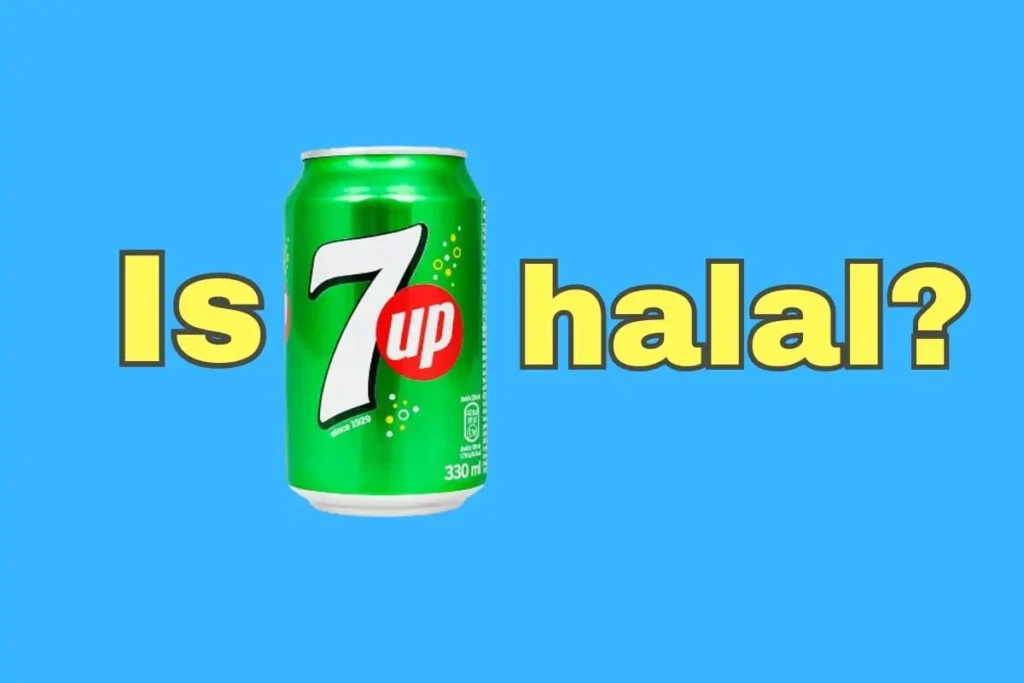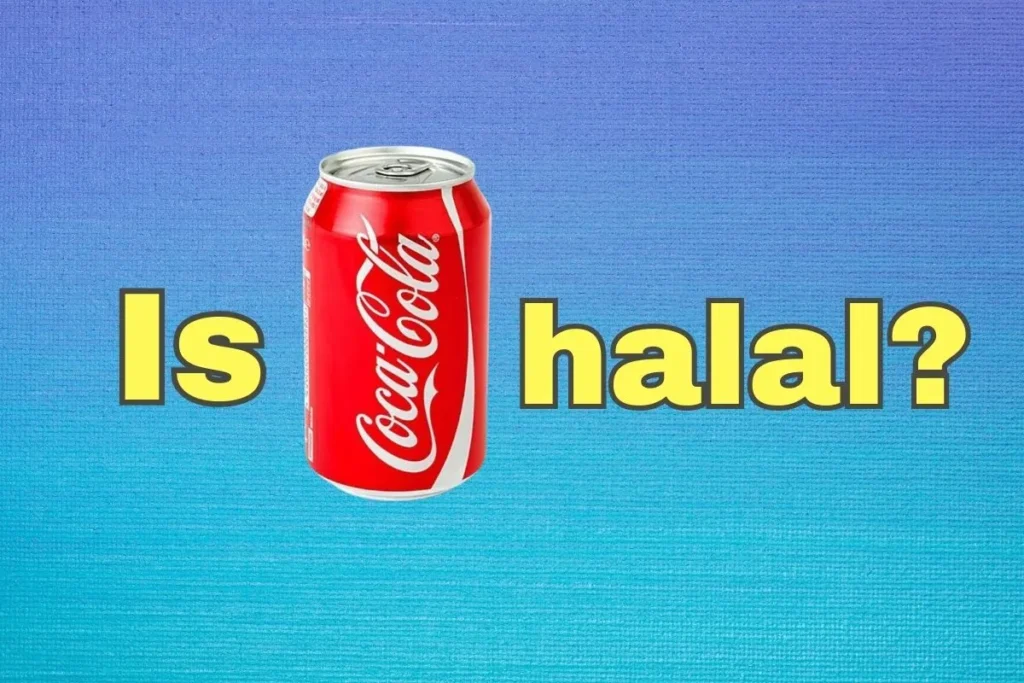Ever considered the Halal status of E407 under Islamic dietary standards? In this post, we’ll delve into the origins, applications, and religious verdicts surrounding this seaweed-derived thickener.
By the conclusion, you’ll have clarity on whether it aligns with Halal guidelines or falls under the category of Haram for consumption.
Key Takeaways
| 📌 Carrageenan (E407) Source: Carrageenan comes from red seaweeds like Chondrus crispus, found naturally along the Atlantic and Pacific coastlines. |
| 📌 Halal Status: E407 is considered Halal for consumption by Muslims since its extraction involves only seaweed through mechanical processes, without any animal components. |
| 📌 Safety and Usage: When used properly and within regulated levels, E407 is generally considered safe for consumption. |
What is E407?
E407 mostly known as Carrageenan, is a common food emulsifier and thickener extracted from red seaweed. It improves texture by suspending particles in a colloidal gel.
Chemical Structure
Three types – iota, kappa, and lambda – are produced commercially depending on their polysaccharide composition. Carrageenan resembles cellulose chemically but with ester sulfate substituents.
What Is E407 Made From?
E407 is sustainably sourced via hydrothermal extraction of red seaweeds like Chondrus crispus and Eucheuma. These algae thrive off the Atlantic and Pacific coastlines naturally.
Possible Side Effects
The U.S. Food and Drug Administration considers carrageenan safe in foods when produced properly. Rare reports exist of minor GI issues at excessive intake beyond regulated levels.
Regulations and Guidelines
Most Codex Alimentarius standards permit carrageenan’s use under Good Manufacturing Practices. European Food Safety Authority assessments also affirm its safety profile.
Dosage and Administration
As an ingredient, carrageenan dosage in processed foods conforms to international technical specifications. Estimated background exposure ranges from 10-50 mg daily for individuals.
Is E407 Halal or Haram?
Since carrageenan extraction solely involves seaweed through mechanical processes absent animal components, major Islamic scholars judge it as halal and is allowed for consumption by Muslims.
Find out more:
Is E406 Halal or Haram?
Is E410 Halal or Haram?
Conclusion
To summarize, E407 comes from red algae and improves food properties as a colloid. It is considered generally safe for human intake by leading health authorities. Most experts in halal dietary rulings permit carrageenan’s application.
Allahu A’lam (Allah Knows Best)
FAQ
What is the source of E407?
Red seaweeds like Chondrus crispus are sustainably farmed as their source.
Is E407 safe for consumption?
Yes, key organizations deem it safe when utilized properly in manufacturing per regulations.
What are some common food products that contain E407?
Puddings, salad dressings, baked goods, and dairy items frequently list this stabilizer.
What is the CAS number of E407?
The carrageenan CAS registry number is 11114-20-8.
Is E407 banned in any country?
No complete bans exist currently based on our research findings, though certain nations regulate usage contexts and levels.
- Is Pop Tarts Halal? What You Need to Know - February 18, 2024
- Are Graham Crackers Halal in Islam? - January 19, 2024
- Is Keebler Wheatables Halal? - January 18, 2024





